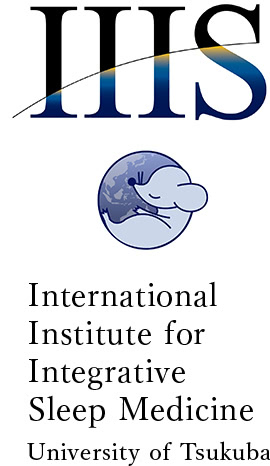
(Image by ridersuperone/Shutterstock)
2024.05.21
Light-Activated Drugs Targeting Adenosine A2A Receptors in the Brain that Induce Sleep
-
The nucleus accumbens plays a pivotal role in motivational behavior and sleep regulation, modulated by adenosine A2A receptors (A2AR). Hence, selective A2AR regulation within this brain region could control sleep and motivation. However, A2ARs are distributed across various organs, including the heart, posing challenges for precise brain-specific modulation without genetic interventions.
A research team led by Professor Michael Lazarus and Associate Professor Tsuyoshi Saitoh (TRiSTAR Fellow) from the Institute of Medicine and the International Institute for Integrative Sleep Medicine (WPI-IIIS) at the University of Tsukuba delved into optochemistry. They aimed to develop a novel light-sensitive drug that enhances extracellular adenosine activity. By administering this drug to mice and selectively irradiating the nucleus accumbens with light, they succeeded in inducing sleep artificially without genetic modification for the first time.
Conventional photosensitive drugs have faced hurdles in mammals and other living organisms due to problems such as phototoxicity caused by ultraviolet light, blood-brain barrier permeability, and photoreaction efficiency. The newly developed photosensitive drug overcomes these issues, showcasing optochemistry’s potential in developing drugs targeting A2AR in the brain and regulating brain function by targeting other central drug receptors.
Title of original paper: Optochemical control of slow-wave sleep in the nucleus accumbens of male mice by a photoactivatable allosteric modulator of adenosine A2A receptors
Journal: Nature Communications
| Press Release | |
|---|---|
| Paper | |
| EurekAlert! |
